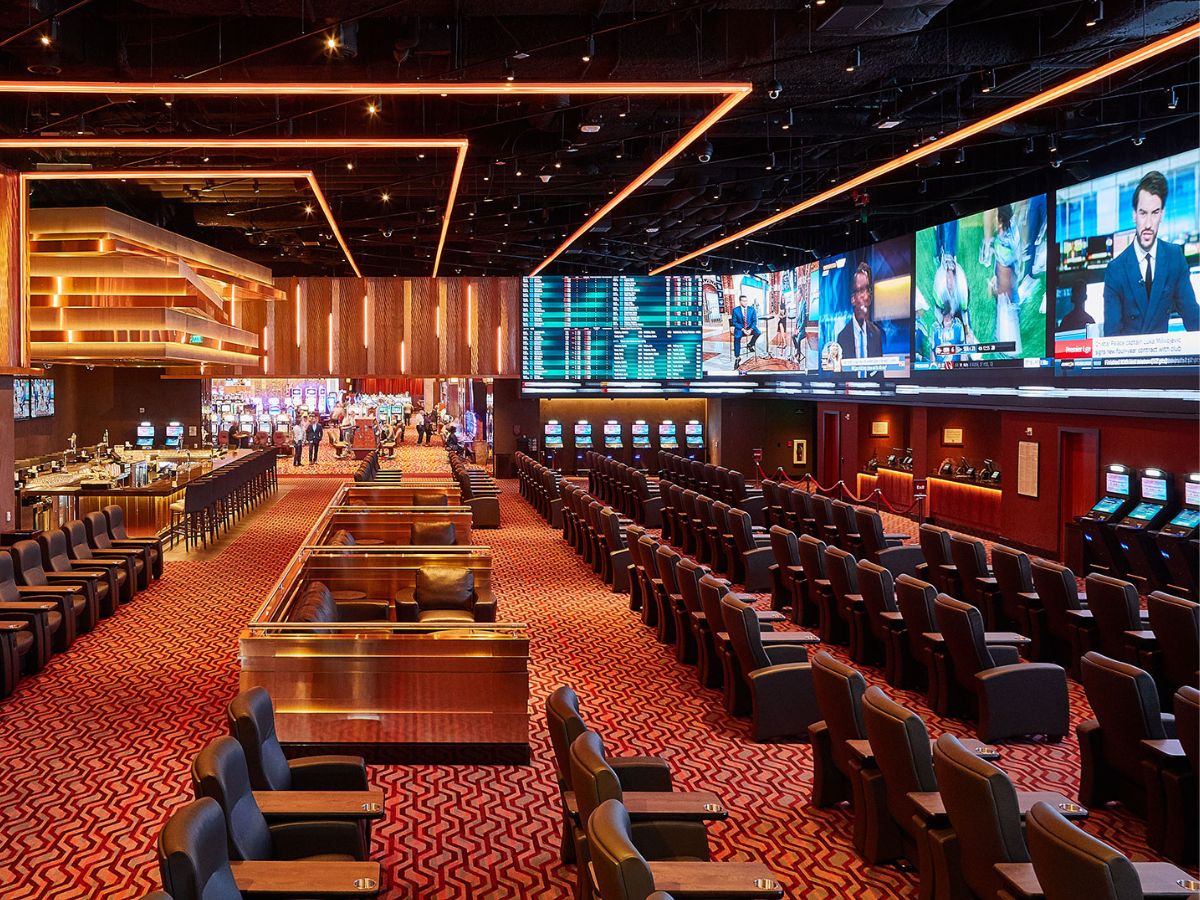
Casino entertainment have long been a staple in human culture, delivering not just entertainment but a intriguing reflection of our aspirations, dreams, and concerns. From the rotating wheels of a slot machine to the tactical play of poker, these games encapsulate a variety of human emotions and experiences. At their core, casino games are more than a chance to win money; they are a reflection of life itself, where risk versus reward merge and fate can change in an eye blink.
As players gather around tables or sit in front of vibrantly illuminated machines, they take part in a tradition that transcends mere betting. These games echo our instinctive desires for connection, thrill, and the quest for chance. They also unveil deeper truths about human psychology, such as our relationship with fate and the excitement of risk. In exploring casino games, we discover not only the nuances of play but also the complex weave of the human story, showcasing our woven narratives of goal and reality.
The Mind Behind Gambling
Gambling is intrinsically connected in human psychology, appealing to various emotions and wants. The thrill of risk-taking is a core aspect that draws players in, be it it’s excitement of spinning a roulette or the anticipation of drawing a winning hand in poker. This adrenaline is frequently likened to other forms of thrill, as the unpredictability of outcomes triggers a unique psychological response. Players often find themselves captivated by the possibility of winning big, leading to an almost magnetic draw toward casino games.
Another, a crucial component of the psychology behind gambling is the concept of hope and ambition. 7club Players often indulge in dreams of financial freedom and the opulent lifestyle that can accompany winning. This optimism fuels their continued participation in casino games, as it provides a sense of purpose and the conviction that a transformative win could be just one wager away. The narrative of beating the odds and finding success resonates with many, strengthening their commitment to play and engage with these games.
Lastly, social aspects play a crucial role in gambling psychology. Gambling venues are designed to foster social interaction, where gamblers gather to share the journey of wins and losses. This shared aspect not only amplifies enjoyment but also influences behavior, as individuals often mimic the actions of others around them. The collective approval found in mutual thrill can magnify the emotional experience, making casino games a mirror of not just personal desires but also collective engagement within the gaming community.
## The Dual Nature of Risk and Reward
Gambling games embody the delicate balance between danger and gain that resonates profoundly with human psychology. The excitement of placing a wager is often accompanied by a jolt of energy, as gamblers are confronted with the prospect of a huge payout, yet conscious of the potential to lose. This bipartisan experience reflects a fundamental aspect of life: the decisions we face often come with built-in risks, and the pursuit of reward can push us to embrace risks we might not typically consider. In this way, gambling activities echo real-world decisions, enticing players to risk not just their money, but also their dreams.
The allure of big prizes and payouts fuels a feeling of positivity, motivating players to dream of a better future that could arise from a single victorious spin of the wheel or dealing of a hand. This positive outlook can motivate individuals to engage in greater risks, urging them to extend their limits in search of monetary success. https://7club.casino/ However, just as in life, the results of these risks can lead to both triumph and failure. The narratives of both big winners and those who have suffered everything at the tables demonstrate the random nature of luck and its significant impact on our lives.
Ultimately, the interaction of engaging with casino games serves as a vivid illustration of the human condition. Every session played is filled with the tension of ambiguity, as gamblers weigh the gains against the risks. This interaction not only highlights the excitement that comes with betting but also unveils the vulnerabilities that come with the urge for more. As we journey through the challenges of decision-making and results in both the gambling world and in life, we find that the quest for gain shapes our identities and journeys in profound ways.
Culture and Loneliness in Casino Environment
Casino culture is a distinct mix of communal interaction and individual endeavor, reflecting the tensions of individual experience. Players often come together around tables, experiencing in the thrill of the action, celebrating wins, and commiserating over losses. This communal aspect is vital, as it fosters a sense of community and camaraderie among diverse groups of individuals. Regular visitors to gaming establishments may form friendships and develop routines, turning the casino into a alternative home where they experience linked to a larger community of players.
However, the allure of gambling games can also lead to isolation. As players become immersed in the excitement of gambling, they may withdraw from personal connections or neglect to interact with the world outside the gaming space. For some, the pursuit of a jackpot can overshadow genuine connections, leading to loneliness. The experience of being surrounded people yet experiencing solitary is not uncommon, as the focus shifts from shared enjoyment to the private concerns of each player’s journey.
This interaction of community and isolation creates a vivid tapestry that defines casino culture. It showcases the complexity of human interactions, where happiness and despair coexist. Gambling venues serve as both a refuge for social interaction and a platform for individual struggles, demonstrating how intimately entwined our desire for connection and the personal quest for wealth can be. In navigating this environment, players confront their own stories—seeking both the thrill of the game and the fellowship of fellow gamblers, eventually reflecting the broader spectrum of human experience.